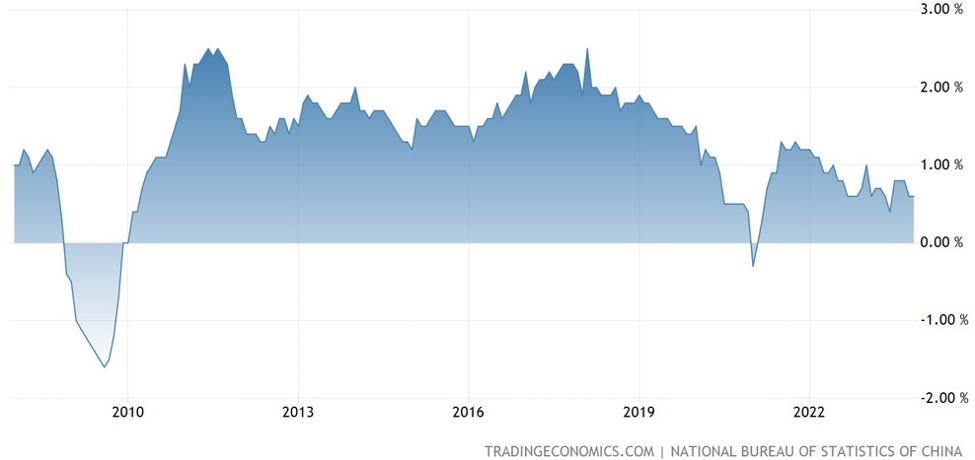Life
insurance is often viewed purely as a means of financial protection for loved
ones. However, it also presents unique opportunities for traders looking to
unlock additional capital. In the UK, using life insurance as a financial tool
can provide traders with a flexible and secure way to boost their trading
funds. This article delves into the mechanics of leveraging life insurance
policies for trading capital, offering strategies, benefits, and considerations
specific to the UK market.
Understanding Life Insurance
Types of Life Insurance Policies
In the
UK, there are several types of life insurance policies, each with unique
features and benefits:
- Term Life Insurance: Provides coverage for a specified term. If the policyholder dies
during this period, the beneficiaries receive a payout. There is no cash
value component. - Whole Life Insurance: Offers lifetime coverage and includes a savings component that
builds cash value over time. - Universal Life Insurance: Similar to whole life but with more flexibility in premium
payments and death benefits. It also accumulates cash value.
Key Features and Benefits
Each
type of life insurance has distinct advantages:
- Term Life Insurance: Lower premiums, straightforward coverage.
- Whole Life Insurance: Guaranteed death benefit, cash value accumulation, potential
dividends. - Universal Life Insurance: Flexibility in adjusting premiums and death benefits, cash value
growth tied to market performance.
Leveraging Life Insurance for Capital
Explanation of Borrowing Against Life
Insurance
In the
UK, policyholders with whole or universal life insurance can borrow against the
cash value of their policies. This process involves taking a loan from the
insurance provider, using the policy’s cash value as collateral. The loan
amount can typically be up to 90% of the cash value.
How the Cash Value Can Be Accessed
The cash
value in a life insurance policy grows tax-deferred. Policyholders can access
these funds through policy loans or withdrawals. Loans are often preferred
because they do not trigger a taxable event as long as the policy remains
active.
Advantages of Using Life Insurance as
Collateral for Loans
- No Credit Checks: Borrowing against life insurance does not require a credit check.
- Low-Interest Rates: Policy loans often have lower interest rates compared to other
forms of borrowing. - Flexible Repayment: Repayment schedules can be flexible, and interest can be added to
the loan balance rather than requiring immediate payments.
Strategies for Traders
Short-Term Trading Strategies
Using
life insurance loans for short-term trades can provide quick capital without
the need for extensive credit applications. Traders can seize market
opportunities promptly, leveraging the borrowed funds for potential quick
gains.
Long-Term Investment Strategies
For
long-term investments, the steady growth of the cash value in a life insurance
policy can provide a reliable source of capital. Traders can use these funds to
invest in diversified portfolios, balancing risk and reward.
Risk Management and Diversification
Life
insurance capital can be part of a broader risk management strategy. By
diversifying the sources of their trading capital, traders can mitigate risks
associated with market volatility.
Tax Implications and Considerations
Tax Benefits
In the
UK, the growth of the cash value in life insurance policies is tax-deferred.
Policy loans do not create a taxable event, making them a tax-efficient way to
access funds.
Potential Tax Liabilities
If the
policy lapses or is surrendered, any outstanding loan amounts may be considered
taxable income. It’s crucial to manage the policy carefully to avoid unintended
tax consequences.
Regulatory Considerations and
Compliance
Traders
must comply with UK regulations regarding life insurance policies and financial
transactions. Consulting with a financial advisor can ensure adherence to these
regulations.
Risks and Challenges
Potential Downsides
Borrowing
against life insurance is not without risks. The loan balance accrues interest,
and excessive borrowing can deplete the policy’s cash value, risking policy
lapse.
Risk of Policy Lapse
If the
policy lapses due to unpaid loans or insufficient cash value, the policyholder
could face significant financial and tax consequences.
Strategies to Mitigate Risks
To
mitigate risks, traders should:
- Regularly monitor the policy’s cash value.
- Make timely interest payments.
- Avoid borrowing more than necessary.
Expert Opinions and Insights
Interviews with Financial Advisors and
Insurance Experts
Financial
advisors in the UK emphasize the importance of understanding the terms and
conditions of life insurance loans. They recommend consulting with
professionals to ensure informed decisions.
Insights from Successful Traders
Traders
who have successfully used life insurance loans often highlight the benefits of
careful planning and risk management. Their insights can guide others
considering this strategy.
Professional Advice on Best Practices
and Common Pitfalls
Experts
advise:
- Maintaining a conservative borrowing approach.
- Regularly reviewing policy statements.
- Seeking professional guidance for complex financial decisions.
Conclusion
Using
life insurance as capital provides UK traders with a unique and flexible
funding source. By understanding the mechanics, benefits, and risks, traders
can strategically leverage their life insurance policies to enhance their
trading activities. With careful planning and professional advice, life
insurance can be a powerful tool in a trader’s financial arsenal. It’s also
important to consider your age when evaluating your life insurance needs.
For
those looking into life insurance over 60, the approach may
differ slightly. While premiums are generally higher for older individuals,
it’s still possible to find affordable options by carefully assessing your
coverage needs and shopping around for the best deals.
Additional Resources















